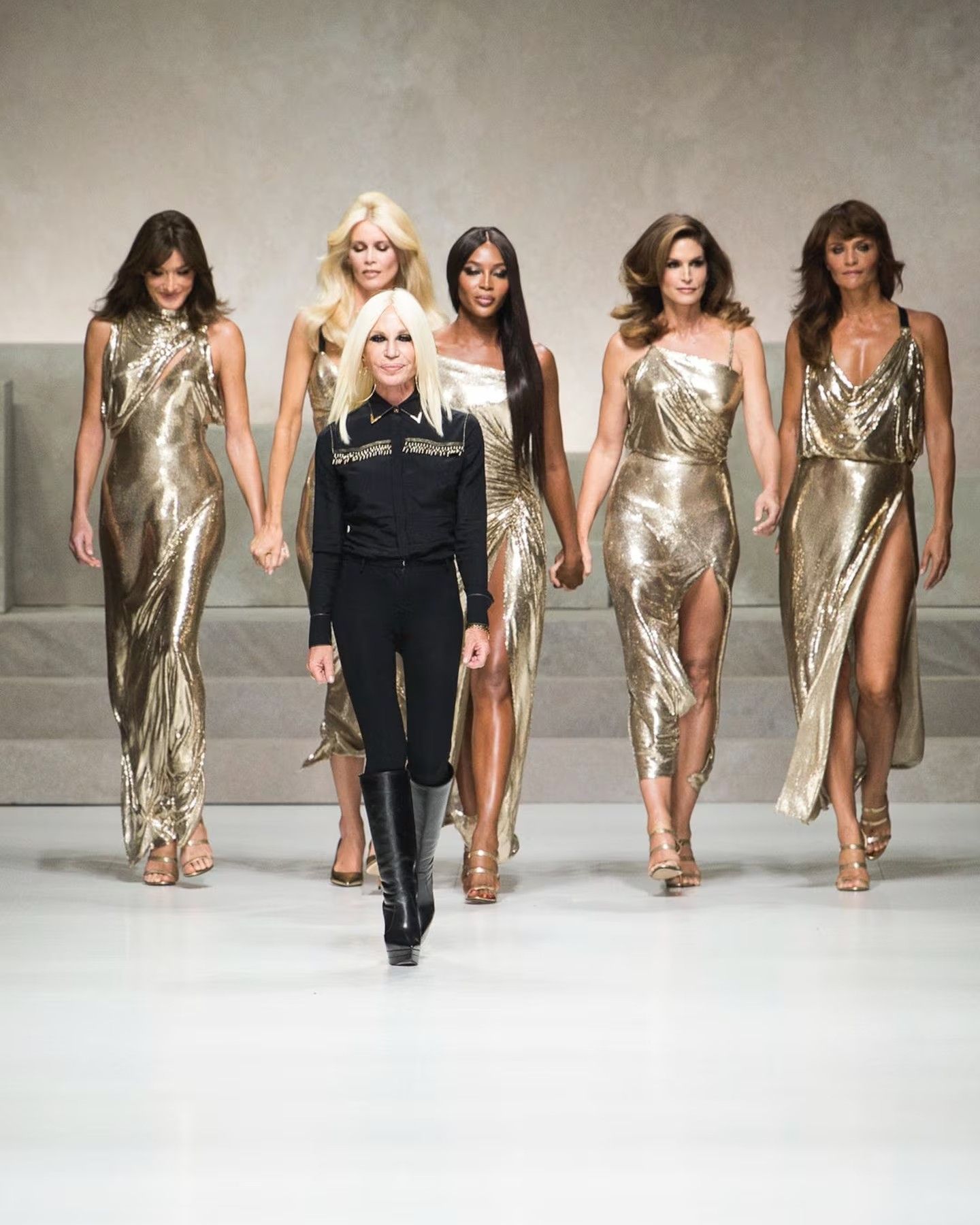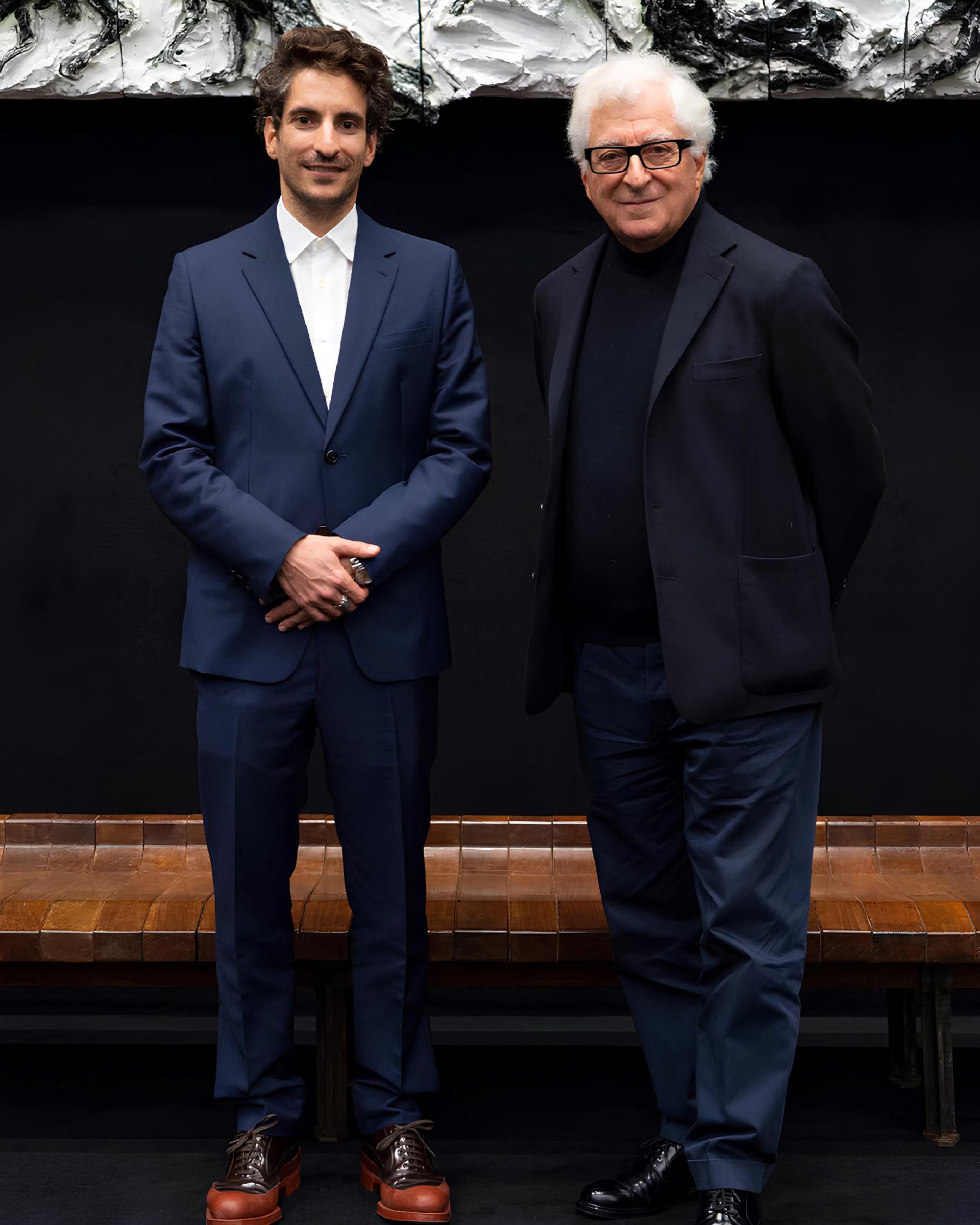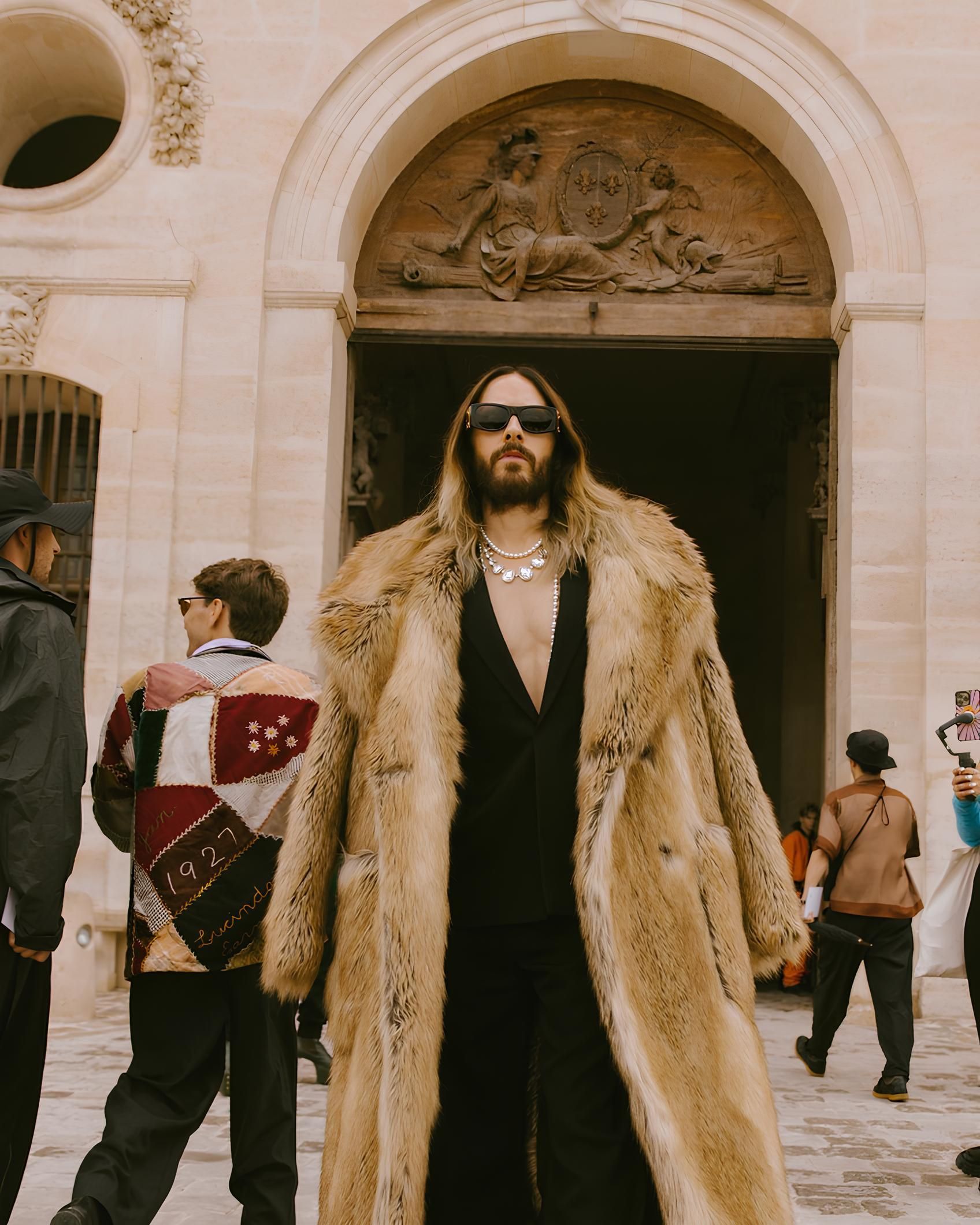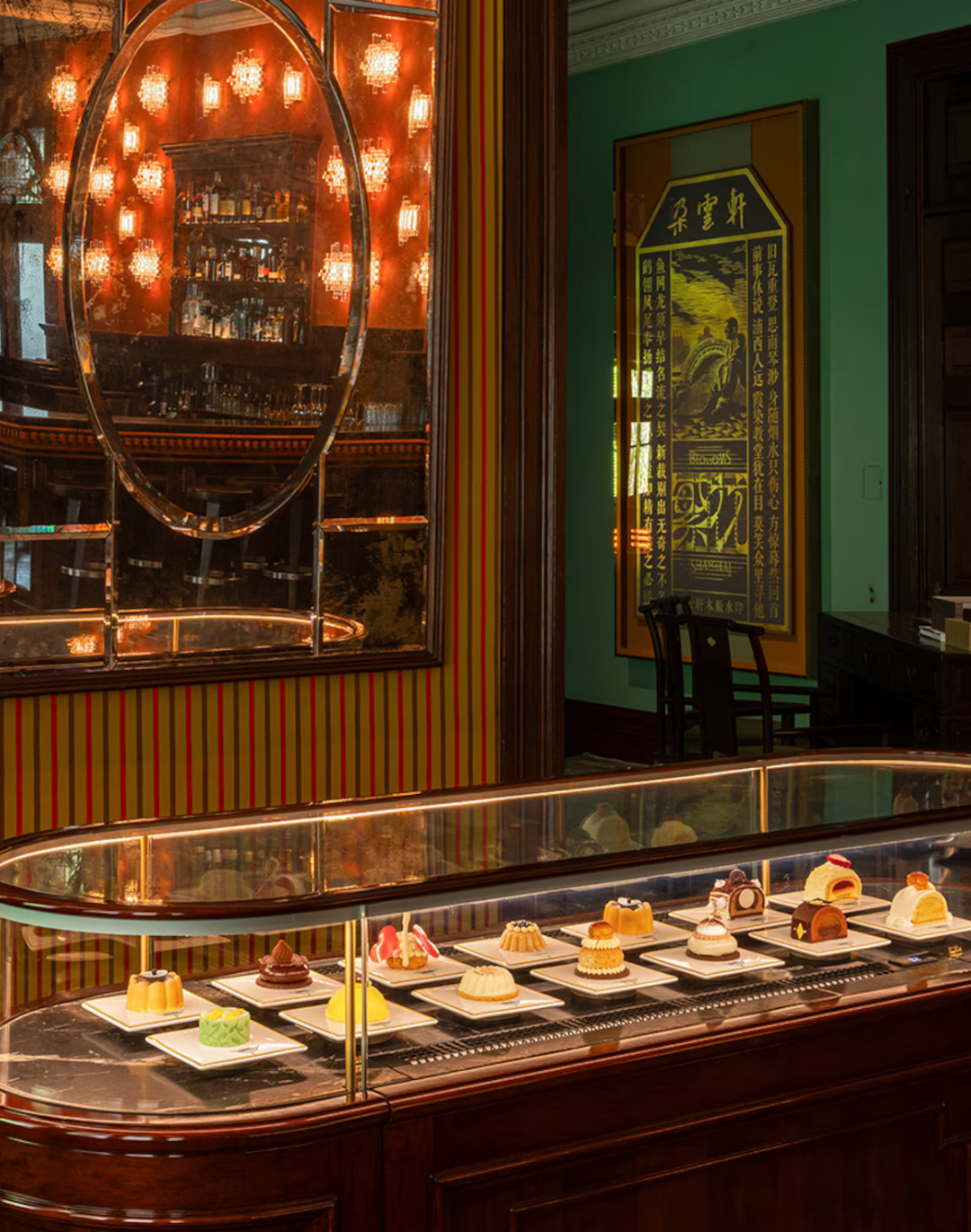
The story of Prada Linea Rossa The collection that changed fashion for good
Fashion, by its very definition, changes and much of its appeal lies in its eternal progress, evolution and reinvention. Normally this change takes place slowly, season after season. Sometimes, however, this evolution takes a leap forward. One of these cases was the introduction of Linea Rossa at Prada – one of the founding moments of modern luxury streetwear that introduced cross-sectorality in fashion becoming a national media event with the adventure of the Luna Rossa's team and the Louis Vuitton Cup of 2000, as well as one of the first collections to shift the importance of luxury from the material itself to the concept and aesthetics behind the product.
The history of Linea Rossa is one of the best emblems of the work of Miuccia Prada and Patrizio Bertelli, CEO of the brand, as well as a collection able to receive with great lucidity the spirit of the times (in this case , the transition between the twentieth and twenty-first centuries) and predict years in advance the evolution of trends, becoming the first true line of luxury streetwear of fashion.
The new Prada
Among Miuccia Prada's obsessions was nylon and in 1984 the brand presented its iconic backpack, an item that has remained as one of the flagship products of the fashion house for thirty years. It was the first luxury product composed entirely of nylon produced by a brand that for almost a hundred years devoted itself to the most refined suitcases and leather goods in Italy. Today synthetic fiber is taken for granted, but in those years making a luxury product with the same nylon used in the creation of military tents was something unheard of – as well as a huge commercial success. Miuccia herself told The New Yorker in 1990:
“I want always to mix the industrial way of doing things with the patrimonio of the past, with the artisanal tradition.”.
It took a few more years, with the FW94 collection, for the material to make the "jump" from accessories to actual clothes. It was that collection that came close to fulfilling a concept that, in order to truly complete itself, would need a step more: the introduction of a menswear line. In 1993, the men's collection debuted, presenting for the first time the "monochrome look" - the kind of dark-coloured minimalism born in response to the maximalism of the 80s.
After the launch of the menswear collection, creating an informal activewear collection, differentiated from the "highest" production of the mainline was the next step. In 1997 Prada Linea Rossa was finally launched. Its durable, monochrome and thermally-designed garments were a decisive overcoming of other brands' sports lines and their branding, a simple and discreet but clearly visible red line, soon became one of the most iconic and best recognizable logos in fashion.
The Auckland nights
The combination of minimalist style and avant-garde materials gave the clothes an almost futuristic quality – which well interpreted the optimism about technology that was felt in the 90s. Red Line made Prada a cross-cutting and ubiquitous luxury brand - a move strongly desired by Patrizio Bertelli who associated the Red Line with his passion for sailing that brought Prada to ran parallel on the tracks of sport and fashion: the creation of Luna Rossa, the Prada-sponsored crew that would participate in the America's Cup in New Zealand, the oldest sailing trophy in the world.
The rest was thought of by the crew of Luna Rossa, who created one of the most exciting America's Cup in history, keeping millions of Italians glued to each other during the famous Auckland nights. Every time the bow of Luna Rossa cleaveed the waves of the Gulf of Hauraki the first thing you could see was that thin red line, symbol of elegance and sport. The sailing world remained always the conceptual core of the line, which for its clothes recovered shapes, materials and details from the technical uniforms of yachters: the technique of thermals, the nylon of sails and anoraks, the essential palette color.
For the first time materials, design, sports, marketing and brand values became, more than a commercial release, a national event and the thin red stripe, reproduced on the hull of the Red Moon and on the uniforms of the team became one of the most recognizable brands of the time.
Foreseeing the future
In addition to capturing the cultural zeitgeist of the time with its new aesthetic that mixed sportswear and luxury, Prada Linea Rossa was versatile in its simplicity and very recognizable thanks to its unmistakable but discreet branding: in short, it became an aspirational brand for an entire generation. The combination of brand value and functionality and above all the minimal-chic aesthetics decreed its success among those sub-cultures of English clubbers who listened to drum-n-bass, grime and UK Garage as well as in those hoolingans that revolved around English football stadiums and who lived according to the rule: "Dress well and behave badly". Once again Linea Rossa foresaw the future: the concept of informal luxury sportswear but with all the charm of a fashion product, which could become a sign of distinction and social recognition for young people thanks to its consistent style and its easily identifiable branding, had not really been explored until then. The result was to further increase the cultural facets of the brand. The success was such that the products of Linea Rossa were elevated to the dignity of the catwalks when Miuccia Prada included them in her SS99 collection.
Finally, Linea Rossa was relaunched by Prada in the FW18, SS19, FW19 and SS20 collections, associating it, rather than sports, with the world of rap with endorsements of singers such as A$ap Rocky, Migos, Kanye West and Willow Smith - and thus bringing it back in sync with the new times and new youth cultures.
Of Prada's Linea Rossa today remains a great cultural legacy, as well as the pioneering ability to introduce new languages and aesthetics into fashion, as well as one of the best successful examples of the meeting between visions of great designers and desires of the mass audience. As a testament to her foresight, these are the words with which Miuccia Prada recounted the style of the collection to The New York Times:
“Our idea is to mix technology with normal dressing. You don’t need to disguise yourself as a champion to practice a sport. In the long term, I see formal dressing for special occasions and an increasing number of people wearing sportswear almost all day long.”.














































































































